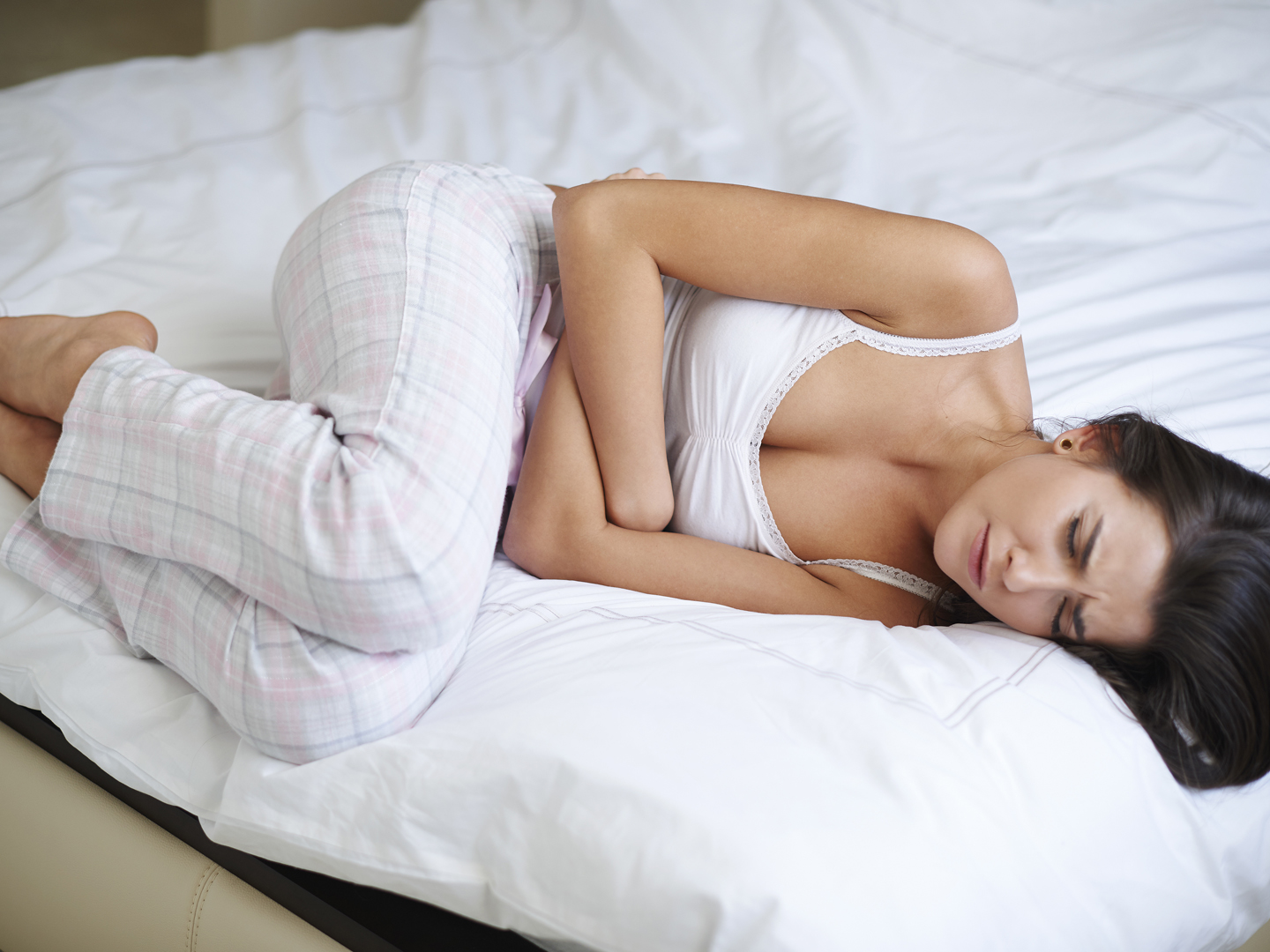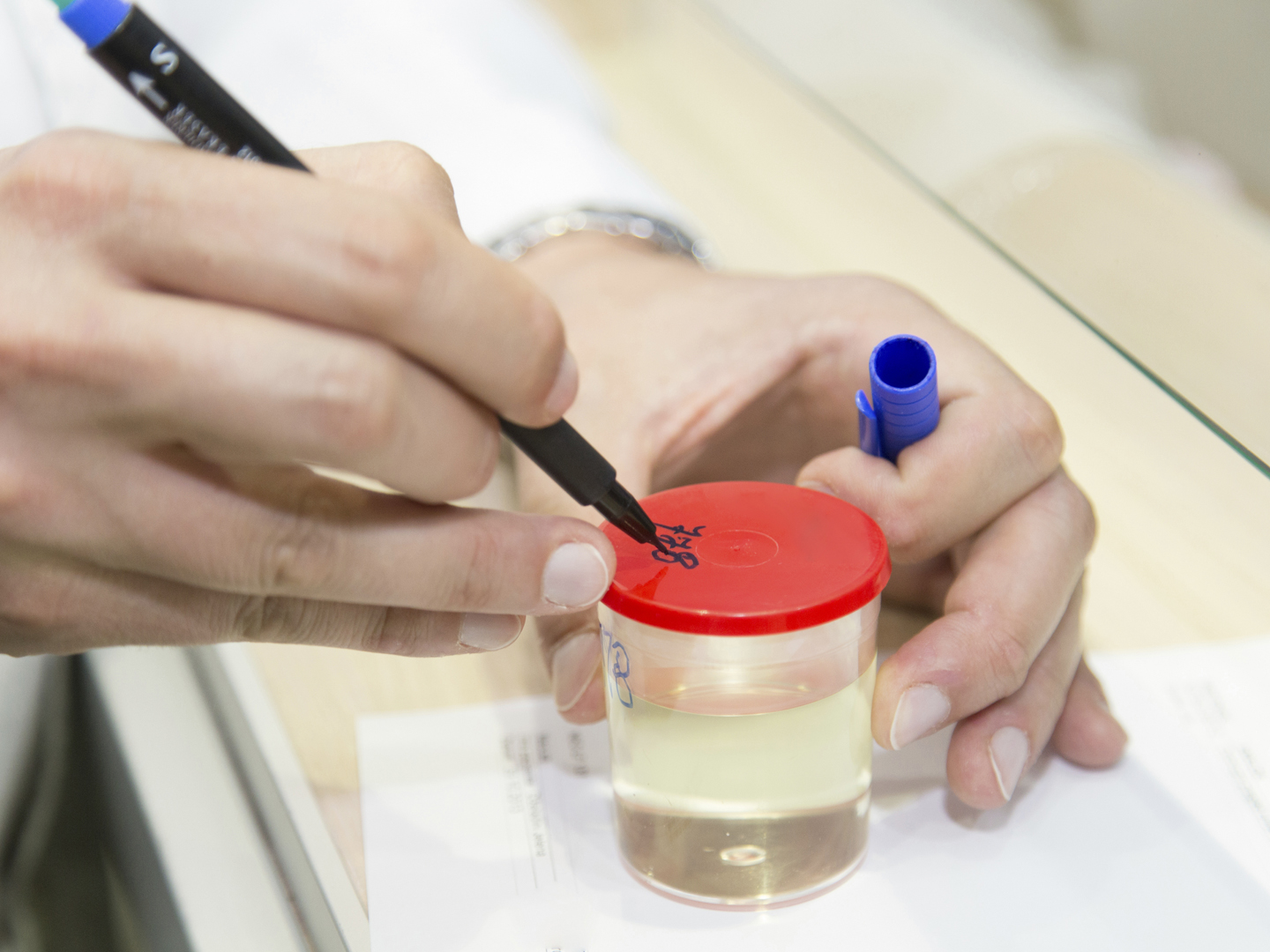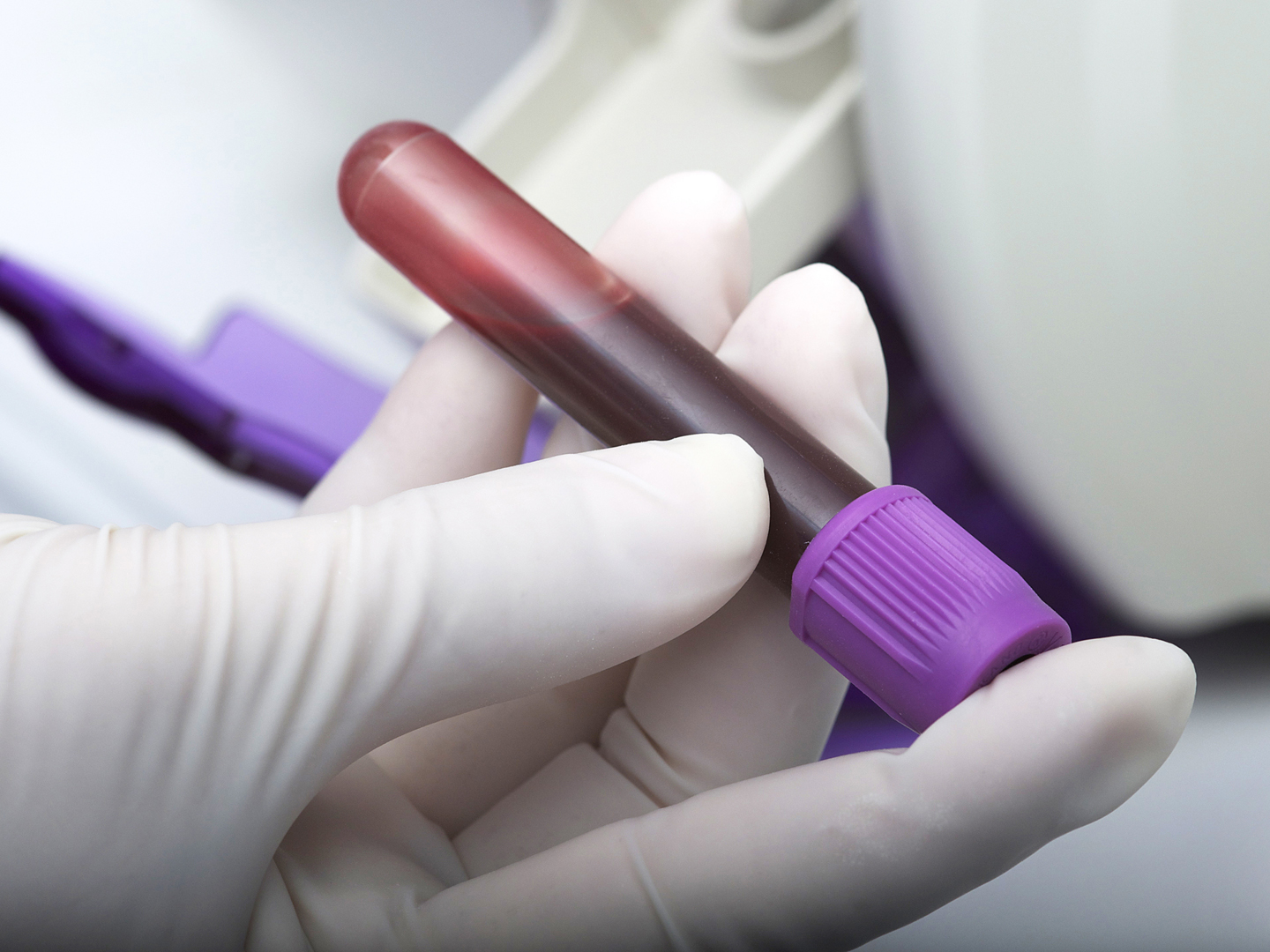Bladder Infection Symptoms & Causes

What Is A Bladder Infection?
A bladder infection (sometimes called cystitis) is a very common type of lower urinary tract infection (UTI), particularly among women, whose urinary anatomy makes them much more susceptible than men to these problems. So, what causes bladder infections? Normally, the bladder is free of bacteria and other organisms that can cause bladder infections. When an organism invades the bladder, it typically does so through the lower end of the urinary tract. It is estimated that upwards of 40 percent of UTIs resolve on their own, however untreated bladder infections can lead to more serious infections of the kidney (called pyelonephritis, an upper urinary tract infection) that can cause permanent damage. This is particularly true among young children and seniors because their bladder infection symptoms may be mistaken for other disorders. Women who develop bladder infections during pregnancy may be at increased risk of delivering premature or low birth weight babies. The standard of care is to treat all UTIs with appropriate antibiotic therapy.
What Are Bladder Infection Symptoms?
Bladder infections are marked by a frequent, urgent need to urinate, or a painful or burning sensation when urinating. The urine is typically cloudy.
What Causes Bladder Infections?
The bacterium Escherichia coli (E. Coli) is responsible for most bladder infections. Although harmless where it normally resides in the intestines, E. Coli becomes a problem when it spreads to the urinary tract. After menopause, women are at substantially increased risk for bladder infections. This may be due to a decrease in estrogen, which may result in a reduction of the number of beneficial bacteria in the vagina that help keep harmful bacteria in check. The bladder also tends to become less elastic with age and may not empty completely. Other risks include frequent or traumatic sexual intercourse, pregnancy (up to 10 percent of pregnant women have bacteria in their urine which increases their risk for cystitis); antibiotics, which can eliminate the good bacteria and cause an overgrowth of E. Coli in the vagina, increasing the risk of bladder infections. Drinking large amounts of coffee and other caffeinated beverages, as well as alcohol addiction and dehydration, promote bladder infections by irritating the urinary tract.
What Is The Conventional Treatment Of Bladder Infections?
Cystitis always requires treatment with antibiotics. The specific drug you’ll need depends on your general health and sometimes on the type of bacteria found in a culture of your urine. You’re most likely to be offered nitrofurantoin (Macrobid or Macrodantin), a combination of trimethoprim and sulfamethoxazole (Bactrim or Sulfatrim), or a single dose of fosfomycin (Monurol). Be sure to take the entire course of antibiotics prescribed even if your symptoms clear up quickly. An uncomplicated bladder infection may require only three days of treatment, while recurrent infections may need a longer course. Alternatively, your physician may recommend taking the drugs for a few days on your own whenever bladder infection symptoms return.
What Therapies Does Dr. Weil Recommend For Bladder Infections?
While antibiotics are necessary for treatment of bladder infection symptoms, the following measures can help prevent and treat bladder infections:
- Avoid wearing tight-fitting pants. Also, wear cotton-crotch underwear and pantyhose.
- Use mild detergents when washing undergarments.
- Don’t hold your urine. Be sure to urinate frequently and when you have the urge.
- Drink the right fluids. Increase your intake of fluids so that you urinate more frequently. Lots of plain water is best. It is also important to avoid alcohol and coffee.
- Good hygiene before and after sex. Keep the genital and anal areas clean, and urinate before and after intercourse to cleanse the urethra of bacteria. Always wipe front to back after a bowel movement.
- Try an estrogen vaginal cream. This may be best for post-menopausal women, who have lower levels of estrogen.
- Drink unsweetened cranberry juice concentrate diluted with water. As an alternative, take powdered cranberry extract in capsules. Cranberries and cranberry juice contain a tannin that helps prevent bacteria from sticking to the bladder walls. Research findings have been contradictory but many of my patients have experienced benefit.
- Avoid feminine hygiene sprays, powders or douches. These can irritate the urethra, the tube through which urine leaves the body.
Reviewed by Russ Greenfield, M.D. on July 16th, 2017.
Sources:
Christiaens TC, De Meyere M, Verschraegen G, et al. Randomised controlled trial of nitrofurantoin versus placebo in the treatment of uncomplicated urinary tract infection in adult women. Br J Gen Pract 2002;52:729–34.
Colgan R, Williams M. Diagnosis and treatment of uncomplicated cystitis. Am Fam Phys 2011;84:771-776.
Falagas ME, Kotsantis IK, Vouloumanou EK, et al. Antibiotics versus placebo in the treatment of women with uncomplicated cystitis: a meta-analysis of randomized controlled trials. J Infect 2009;58:91–102.
Hannan T, Hooton TM, Hultgren SJ. Estrogen and recurrent UTI: what are the facts. Sci Translat Med 2013;190:190fs23.













